10, June 2024
France: Macron takes huge risk with surprise election 0
President Emmanuel Macron has called snap parliamentary elections later this month in the wake of a big victory for his rival Marine Le Pen’s National Rally in the European Parliament vote.
The far-right party is on course to win 32% of the vote, exit polls say, more than twice that of the president’s Renaissance party.
Announcing the dissolution of parliament, he said the two rounds of voting would take place on 30 June and 7 July, a few weeks before the Paris Olympics.
Mr Macron made the dramatic and surprise decision in a televised address from the Élysée Palace an hour after voting closed and exit polls had been declared in France’s EU elections.
His decision came not long after National Rally’s 28-year-old leader, Jordan Bardella, had openly called on the president to call parliamentary elections.
“I have heard your message,” the president told French voters, “and I will not let it go without a response.”
“France needs a clear majority in serenity and harmony,” he said, adding that he could not resign himself to the far-right’s progress “everywhere in the continent”.
Now barely two years into his second term as president, Mr Macron already lacks a majority in the French parliament, and though this European vote in theory has no bearing on national politics, he clearly decided that continuing his mandate without a new popular consultation would place too much of a strain on the system.
The upcoming parliamentary elections also won’t affect Mr Macron’s own job, as they are separate from the presidential elections and his term as president still runs for three more years.
Ms Le Pen, who has twice been defeated by Mr Macron in presidential elections, immediately reacted, saying her party was “ready to exercise power, ready to put an end to mass immigration”.
Calling a snap election is a huge surprise for the country, and a huge risk for President Macron.
He could have reacted differently. He could have just kept going, explaining the far right’s massive victory as a European aberration which would be corrected at more important elections.
He could have trusted to the impending European football championship in Germany and above all the Paris Olympics to keep people’s minds off politics for a couple of months.
That was certainly how the Paris commentariat thought he would take his party’s rout.
But one can only assume the president had seen this coming, and planned his response in advance.
Source: BBC

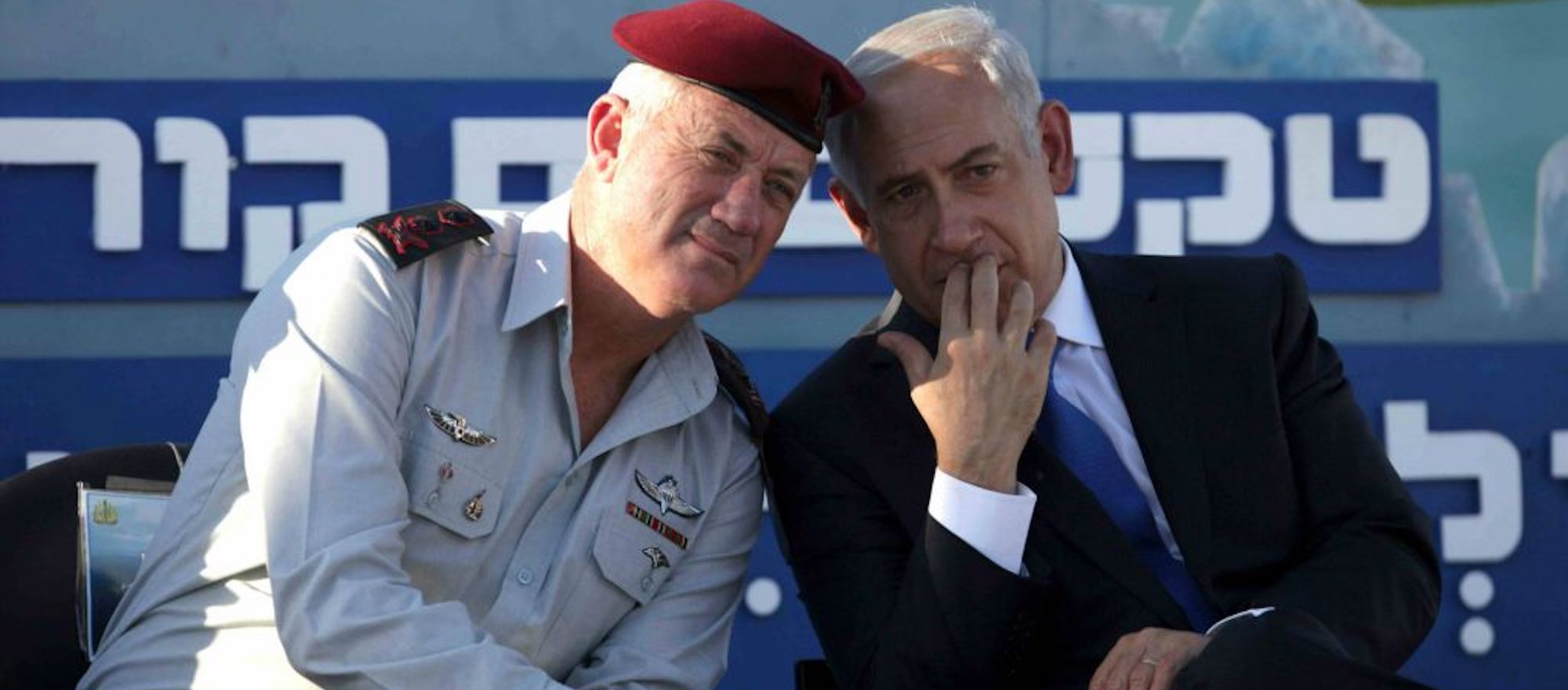
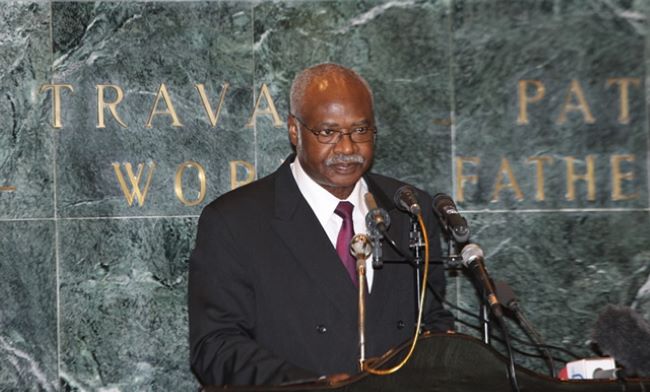
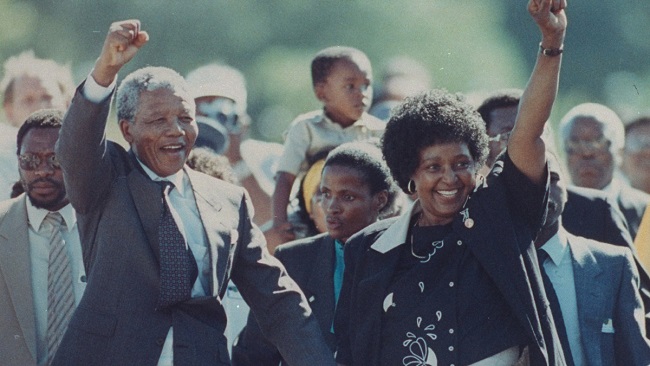
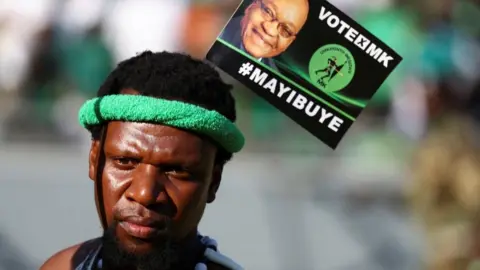
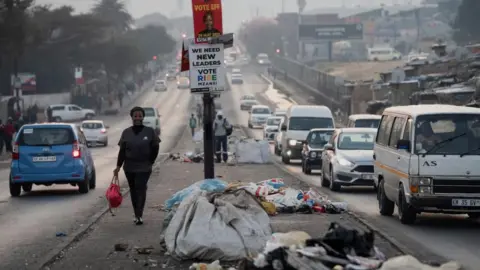

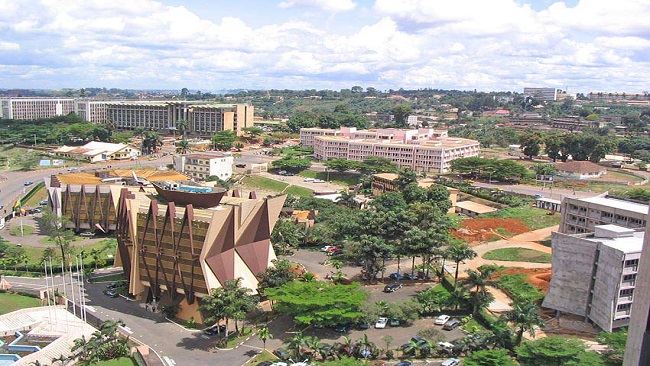

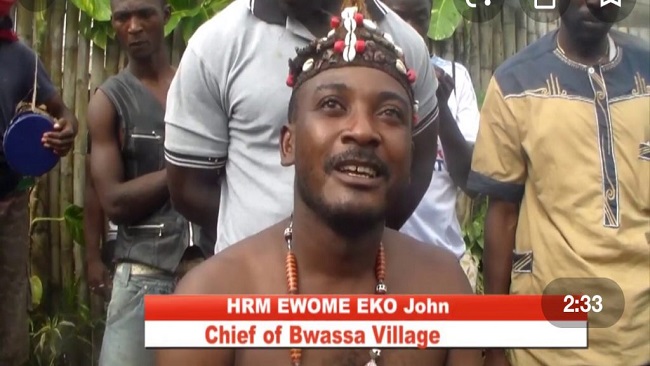













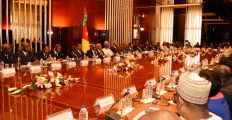




21, June 2024
Armenia officially recognizes Palestinian state 0
Armenia has announced its recognition of the State of Palestine, becoming the latest country to take the measure during the ruthless Israeli ground and aerial invasion of Gaza.
“Reaffirming its commitment to international law, the principles of equality, sovereignty and peaceful coexistence of peoples, the Republic of Armenia recognizes the State of Palestine,” the Armenian Foreign Ministry said in a statement on Friday.
It deplored the catastrophic humanitarian situation in Gaza and the ongoing military invasion as one of the primary issues on the international political agenda that requires resolution.
“The Republic of Armenia categorically rejects the [Israeli] targeting of civilian infrastructures, and violence against the civilian population,” the ministry noted.
It added that Armenia earlier supported the UN General Assembly resolutions calling for an immediate ceasefire in the Gaza Strip. The statement said Yerevan is “genuinely interested in establishing long-term peace and stability” in West Asia.
Ireland, Norway and Spain have formally recognized Palestinian state, irrespective of strong opposition from Israeli authorities to the move.
The ministry emphasized that Armenia has always advocated a peaceful and comprehensive settlement of the Palestinian question on various international platforms.
Responding to Yerevan’s move, the Israeli regime’s foreign ministry summoned the Armenian envoy.
In recent weeks, Slovenia and Malta have indicated they plan to formally recognize the state of Palestine.
Last month, Spain, Ireland and Norway formally recognized the Palestinian state, joining over 140 UN member states that have recognized its statehood over the past four decades.
Source: Presstv